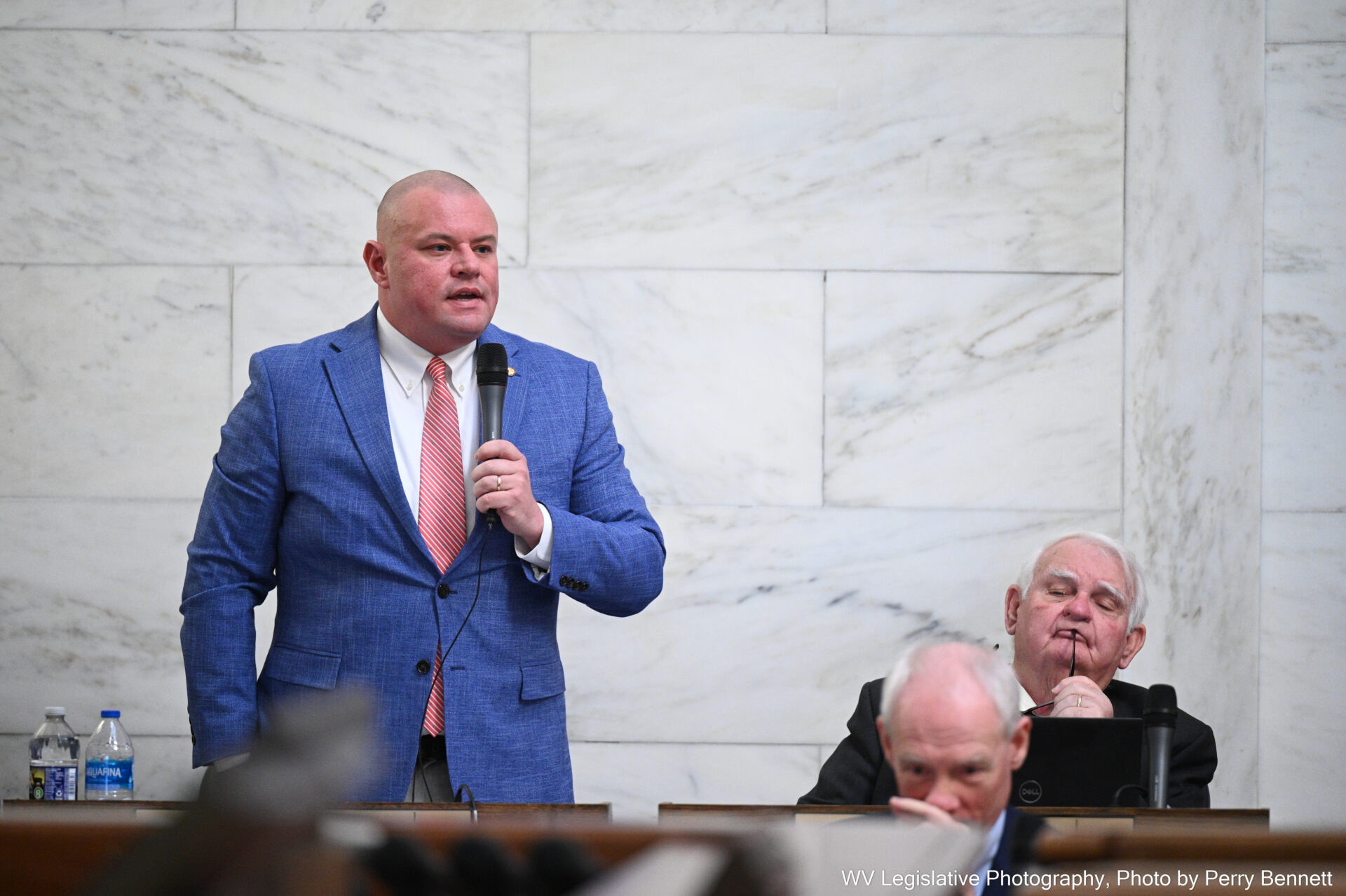House Bill 4975 would incorporate a foster and kinship parent information system into the existing Child Welfare Information Technology System.
Many delegates rose on the House floor Wednesday to speak to the ongoing problems in West Virginia’s foster care system, insisting this bill does not do enough to help the state’s more than 6,000 children in foster care.
Del. Larry Rowe, D-Kanawha, spoke in support of the bill, but said it fell short by not helping families before children are removed from the home.
“This bill will help make sure that once a child is removed from the home, that the information is provided, and that services can be provided that are particular to the child,” Rowe said. “So the bill itself is very good. But it’s only one step. We need to take the other step and help these families before they’re split up in court and abuse and neglect proceedings.”
Del. Brandon Steele, R-Raleigh, agreed with Rowe and added that attorney’s costs for child abuse and neglect cases could be used in different ways to keep families together.
“If we’re going to see real change in CPS, we need to start doing exactly what the gentleman from the 52nd brought up pre-petition services,” Steele said. “Actually getting into the houses and helping folks out. You got a dirty house case, one hearing with seven private attorneys costs more money than it costs to call Serve Pro to go over and clean that house up and try to keep that family together.”
Del. Adam Vance, a R-Wyoming, shared his experience as a foster and adoptive parent and called the bill a step in the right direction.
“We’ve had placements, foster placements in my house from the state, and from one of the agencies,” Vance said. “And the agencies when they come in, they are very good. They give you all the information that you could ask for. Plus, they give it to you, they hand it to you. They’ll sit there and answer any questions and talk to you about it or anything. The state when they come in, they said here’s the kid, five minutes later, they’re outta there.”
Daniel Linville, R-Cabell, spoke in favor of the bill but cautioned his fellow lawmakers about making sure the law is enacted.
“I would ask that, should we enact this into law, that you take a close look at this fiscal note, and you see exactly what and why and how this is supposed to happen,” Linville said. “Supposedly, they’ve reached out to the vendor for the PATH system, you know, a system that’s been utilized, supposedly for eight years and never been fully implemented at a cost of $400 million.”
House Bill 4975 passed the House unanimously and will now be considered by the Senate.
